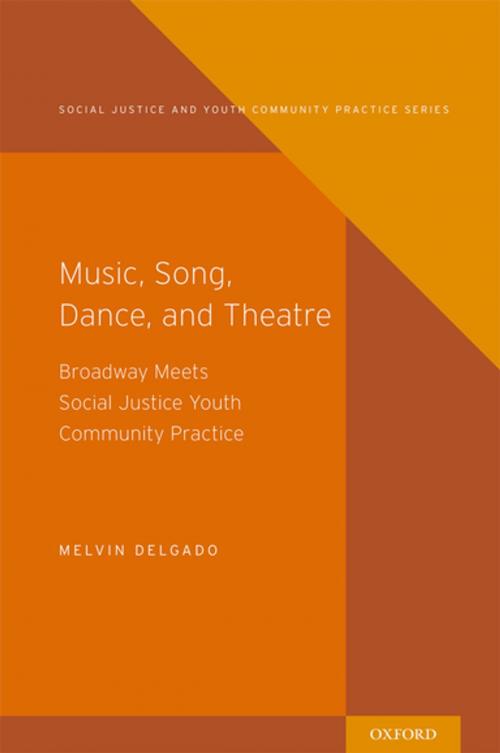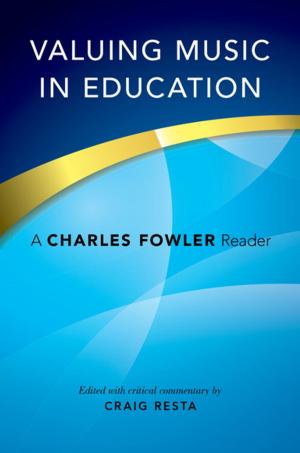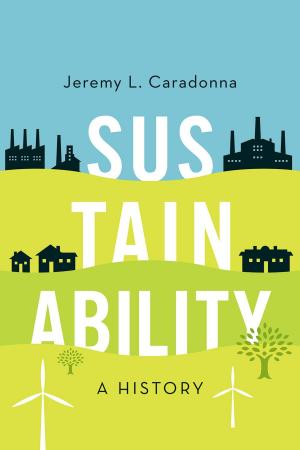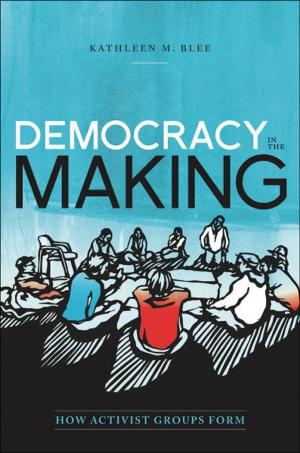Music, Song, Dance, and Theater
Broadway meets Social Justice Youth Community Practice
Nonfiction, Social & Cultural Studies, Social Science, Social Work| Author: | Melvin Delgado | ISBN: | 9780190642181 |
| Publisher: | Oxford University Press | Publication: | October 26, 2017 |
| Imprint: | Oxford University Press | Language: | English |
| Author: | Melvin Delgado |
| ISBN: | 9780190642181 |
| Publisher: | Oxford University Press |
| Publication: | October 26, 2017 |
| Imprint: | Oxford University Press |
| Language: | English |
The performing arts is one particular area of youth community practice can that can be effectively tapped to attract youth within schools and out-of-school settings, or what has been referred to as the "third area between school and family." These settings are non-stigmatizing, highly attractive community-based venues that serve youth and their respective communities. They can supplement or enhance formal education, providing a counter-narrative for youth to resist the labels placed on them by serving as a vehicle for reactivity and self-expression. Furthermore, the performing arts are a mechanism through which creative expression can transpire while concomitantly engaging youth in creative expression that is transformative at the individual and community level. Music, Song, Dance, and Theater explores the innovative programs and interventions in youth community practice that draw on the performing arts as a way to reach and engage the target populations. The book draws from the rich literature bases in community development and positive youth development, as well as from performing arts therapy and group interventions, offering a meeting point where innovative programs have emerged. All in all, the text is an invaluable resource for graduate social work and performing arts students, practitioners, and scholars.
The performing arts is one particular area of youth community practice can that can be effectively tapped to attract youth within schools and out-of-school settings, or what has been referred to as the "third area between school and family." These settings are non-stigmatizing, highly attractive community-based venues that serve youth and their respective communities. They can supplement or enhance formal education, providing a counter-narrative for youth to resist the labels placed on them by serving as a vehicle for reactivity and self-expression. Furthermore, the performing arts are a mechanism through which creative expression can transpire while concomitantly engaging youth in creative expression that is transformative at the individual and community level. Music, Song, Dance, and Theater explores the innovative programs and interventions in youth community practice that draw on the performing arts as a way to reach and engage the target populations. The book draws from the rich literature bases in community development and positive youth development, as well as from performing arts therapy and group interventions, offering a meeting point where innovative programs have emerged. All in all, the text is an invaluable resource for graduate social work and performing arts students, practitioners, and scholars.















